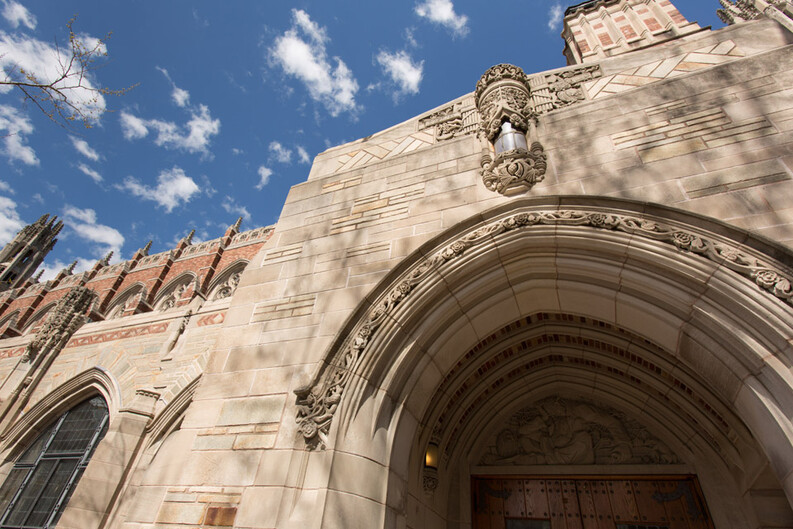U.N. Acknowledges Responsibility for Haiti Cholera Outbreak

Three years after the Global Health Justice Partnership and Transnational Development Clinic at Yale Law School published a report showing that the United Nations inadvertently caused a deadly cholera epidemic in Haiti, the intergovernmental organization has acknowledged responsibility for the first time.
The United Nations made the admission in a statement released this week4 to the New York Times.
The news also follows recent research published by scientists at the Yale School of Public Health, in partnership with colleagues at Yale Law School, which found that simple and inexpensive interventions would be effective in preventing future outbreaks of the bacterial infection.
"This overdue acknowledgment renews attention to the risk for international deployments to play a role in spreading cholera," said Joseph Lewnard, a PhD candidate at Yale School of Public Health and first author of the recent Yale study published in Plos Medicine5 in January 2016. "Fortunately, our study and others in recent years have strengthened the evidence for vaccination, screening, and chemoprophylaxis as strategies to prevent cholera introduction."
In the study, researchers developed a mathematical model for the arrival of peacekeepers carrying cholera and the early spread of the disease in Haiti. The model estimated the probability of an epidemic occurring under current U.N. protocols, and compared this against the probability of an epidemic if peacekeepers had been given antibiotics for cholera, screened or vaccinated. A team of independent scientific and medical experts had previously recommended that the United Nations consider these interventions to limit peacekeepers’ risk for spreading cholera. However, their implementation by the U.N. has been complicated by a lack of evidence to support decision-making.
The 2013 report, “Peacekeeping without Accountability,” published by GHJP and the Transnational Development Clinic, provided the first comprehensive analysis of the cause of the massive outbreak of cholera in Haiti—which at the time of its release had killed more than 8,000 people and sickened more than 600,000. The report examined the role the U.N. played in precipitating the crisis and the U.N.’s responsibilities to provide legal remedies to victims of the epidemic. The report directly contradicted statements by the U.N. Secretary-General that the organization did not bring cholera to Haiti, and had no legal responsibilities for the epidemic or its consequences.
The Global Health Justice Partnership (GHJP), hosted by Yale Law School and Yale School of Public Health, was established in 2012 to promote interdisciplinary, innovative, and effective responses to global health disparities. It is a transformative collaboration that integrates different fields in order to make critical policy interventions. Building on Yale's institutional assets, the GHJP trains students in law, public health, global affairs, and other fields to undertake collaborative, real-world research and advocacy to promote health justice. It also organizes path-breaking conferences and events, builds partnerships with local NGOs around the world to move research into action, and nurtures a truly interdisciplinary brain trust dedicated to effecting social change.
In the Transnational Development Clinic, students work on a range of litigation and non-litigation projects designed to promote community-centered international development, with an emphasis on global poverty.


